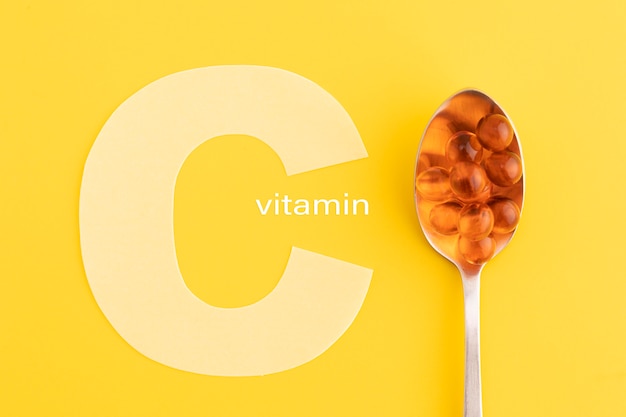5 Sources of Vitamin B12
Curious about where to get your vitamin B12? Here’s a breakdown of the top 5 sources.
Food
Vitamin B12 naturally occurs in animal products like meat, dairy, fish, and poultry. According to the USDA, clams, beef liver, trout, salmon, tuna, milk, yogurt, and cheese are particularly rich in B12. However, since your body can only absorb as much B12 as it can produce intrinsic factor—a protein essential for B12 digestion—you need to consume plenty of these foods if you’re not vegan. Unfortunately, there are no plant sources of vitamin B12, which poses a challenge for vegans and vegetarians. But they are not the only ones at risk of deficiency; it’s estimated that 40% of Americans are B12 deficient. For many, other sources of B12 are necessary.
B12 Shots
B12 injections are often used to treat severe B12 deficiency or in cases where the body no longer produces intrinsic factor, such as with pernicious anemia. These shots deliver B12 in the forms of cyanocobalamin or hydroxocobalamin. While effective, B12 shots have drawbacks. Firstly, many people dislike getting shots. Secondly, the commonly used cyanocobalamin form requires the liver to break it down before it can be used, which involves dealing with potentially harmful cyanide molecules. This makes it a less appealing option for some.
B12 Gels
Another medicinal form of B12 is an intranasal gel, which is applied inside the nose. The gel is absorbed through the nasal membranes directly into the bloodstream. One study found that 90% of veterans treated for B12 deficiency preferred the gel over the shot.
B12 Supplements
There are many vitamin B12 supplements available, with one of the most common being a vitamin B complex, which typically comes in tablet form and includes all eight B vitamins. However, these supplements often contain cyanocobalamin, which introduces an added toxin that the liver must process. The best B12 supplements offer a blend of the bioactive, coenzyme forms of B12—methylcobalamin and adenosylcobalamin.
Sublingual B12
Sublingual B12 supplements have become very popular. These come in the form of tablets, lozenges, or liquids that you place under your tongue to dissolve, or hold in your mouth to absorb. In seconds, B12 is absorbed through the membranes in your mouth and enters directly into your bloodstream. The sublingual forms of B12 are typically methylcobalamin and adenosylcobalamin, which your body can use immediately. Additionally, methylcobalamin is a methyl donor, providing an extra benefit alongside the B12.
A Final Thought
When it comes to B12, your options are limited to dietary sources or supplements. A liquid B12 supplement offers several advantages: it doesn’t hurt like a shot, it delivers the B12 forms your body can use immediately, it’s as effective as tablets or pills, and it’s easier to digest. This makes it especially beneficial if you produce less intrinsic factor due to age or illness.
If you’re considering a liquid B12 supplement, check out our Vitamin B12. It’s GMO and gluten-free, 100% vegan and kosher, and contains methylcobalamin, adenosylcobalamin, and hydroxocobalamin for maximum bioavailability and a pleasant taste for maximum enjoyment.

